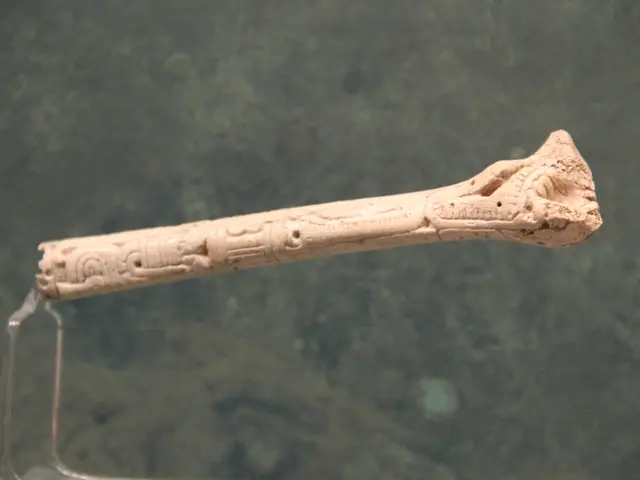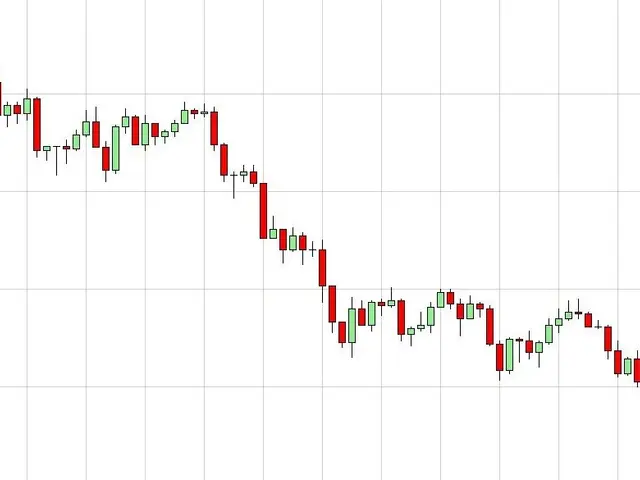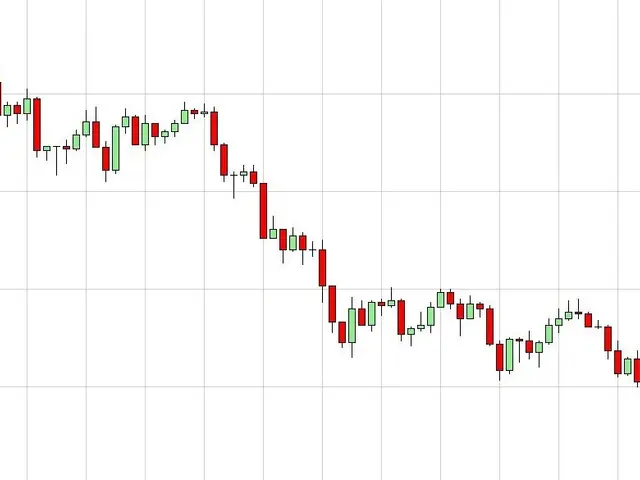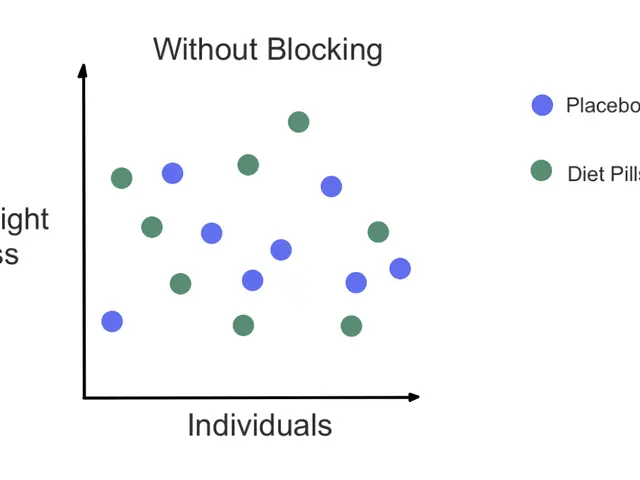International partnership formed between UNDP and a data analytics company, aiming to increase the issuance of carbon credits under Article 6 in Africa
The United Nations Development Programme (UNDP) and analytics company Sylvera have launched a new carbon data platform called the Carbon Data Access Partnership (CaDAP). The initiative aims to provide African governments with comprehensive carbon credit data, helping them participate more effectively in carbon markets and attract carbon finance.
Africa's share of global climate finance flows was a mere 3.3% in 2021-2022, a figure that needs to increase fourfold to meet 2030 targets. Even with Article 6 projects enjoying UN accreditation, challenges persist in carbon credit investments in Africa.
Article 6 of the Paris Agreement aims to provide trusted and transparent carbon markets for countries to trade credits to meet their climate targets. The merger of voluntary and compliance carbon credit markets under Article 6 could significantly impact African nations.
The blending of voluntary carbon markets (VCM), where companies voluntarily purchase offsets for sustainability goals, with compliance markets (regulated and mandated emission caps) could enhance market scale and liquidity, ensuring environmental integrity and accountability, and facilitating greater government engagement and capacity building.
The merger encourages African governments to develop policies that support high-integrity projects and transparent carbon markets, fostering stronger domestic climate strategies, and enabling them to leverage private sector investment effectively. It also bridges voluntary initiatives and international compliance, offering opportunities for sustainable development and finance.
However, challenges remain, including the need for clear regulatory signals, institutional capacity, and robust safeguards to prevent low-quality or "greenwashed" credits. The future of carbon credits in institutional portfolios is a topic of discussion following the SBTi row.
Ahunna Eziakonwa, assistant UN secretary general and director of UNDP Regional Bureau for Africa, reaffirms UNDP's commitment to using credible, up-to-date, and comprehensive data for informed policy and investment decisions in African countries. CaDAP will provide African government officials with access to insights on over 21,000 existing and planned carbon projects within their territories.
Article 6 is a step towards bolstering governance structures and reducing risk for carbon credit investors in the global south. CaDAP aims to inform policymaking decisions, contribute to host country's readiness, and foster more favorable regulatory environments for attracting investment. The merger offers African nations the opportunity to engage in a larger, more credible carbon market ecosystem under Article 6, unlocking new finance and supporting implementation of their Paris Agreement commitments, provided that market mechanisms and policies ensure environmental integrity and alignment with national goals.
[1] Enhance market scale and liquidity: Combining voluntary and compliance markets will likely expand the market size and attract more buyers, increasing demand and potentially raising prices for high-quality carbon credits relevant to African projects.
[2] Ensure environmental integrity and accountability: Frameworks like the Warsaw Framework on REDD+ require that carbon activities, especially involving forestry in developing countries like many in Africa, align with compliance standards to avoid double counting and to ensure credits are valid, verifiable, and contribute to countries’ NDCs under Paris Agreement.
[3] Facilitate greater government engagement and capacity building: The merger encourages African governments to develop policies that support high-integrity projects and transparent carbon markets, fostering stronger domestic climate strategies, and enabling them to leverage private sector investment effectively.
[3] Bridge voluntary initiatives and international compliance: As voluntary standards influence compliance mechanisms (e.g., ICAO-CORSIA, Article 6.2), African nations can benefit from early participation in voluntary markets while preparing for compliance market integration, thus positioning themselves better for long-term climate finance flows.
[3] Create opportunities for sustainable development and finance: Integrated markets can support financing for sustainable land use, forest conservation, and clean energy projects in Africa, which can contribute to local economic growth, biodiversity conservation, and help countries meet their climate goals.
Read also:
- Unchecked Management of HP Dams Leads to Environmental Disaster: RTI Reveals
- Harnessing Magnetism's Potential: Revolutionizing Energy Production for a World Transformed
- Tension escalates within TransnetBW's network infrastructure
- EU's capability in leading the global fight against climate change while enhancing its economic standing?








